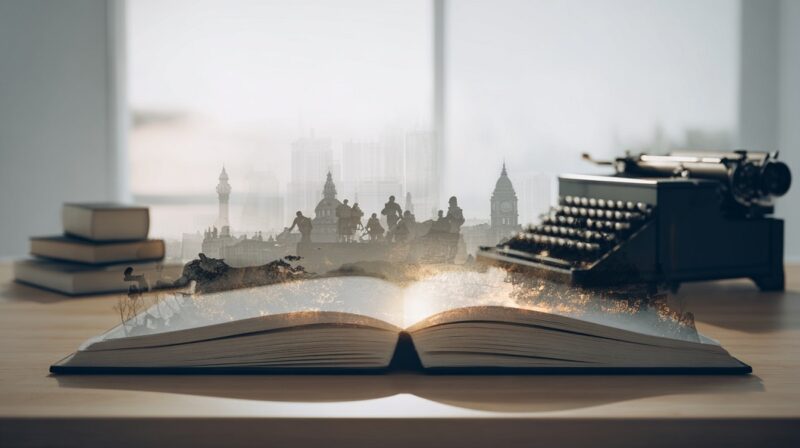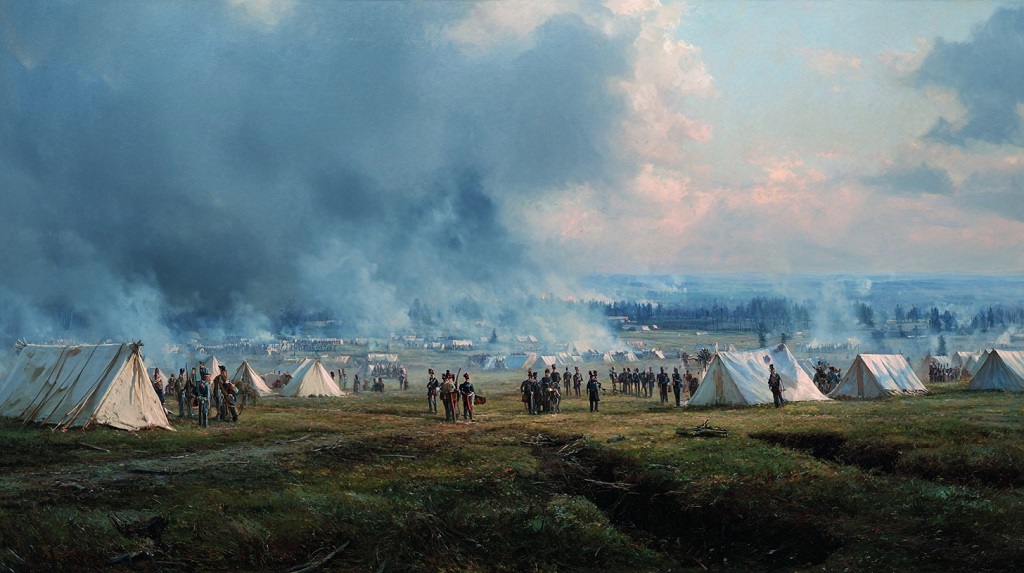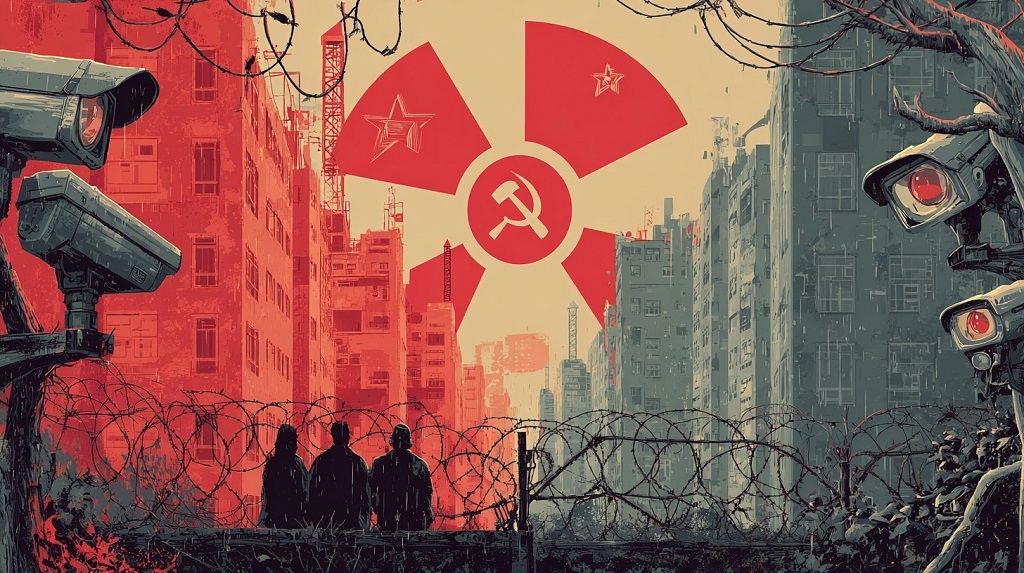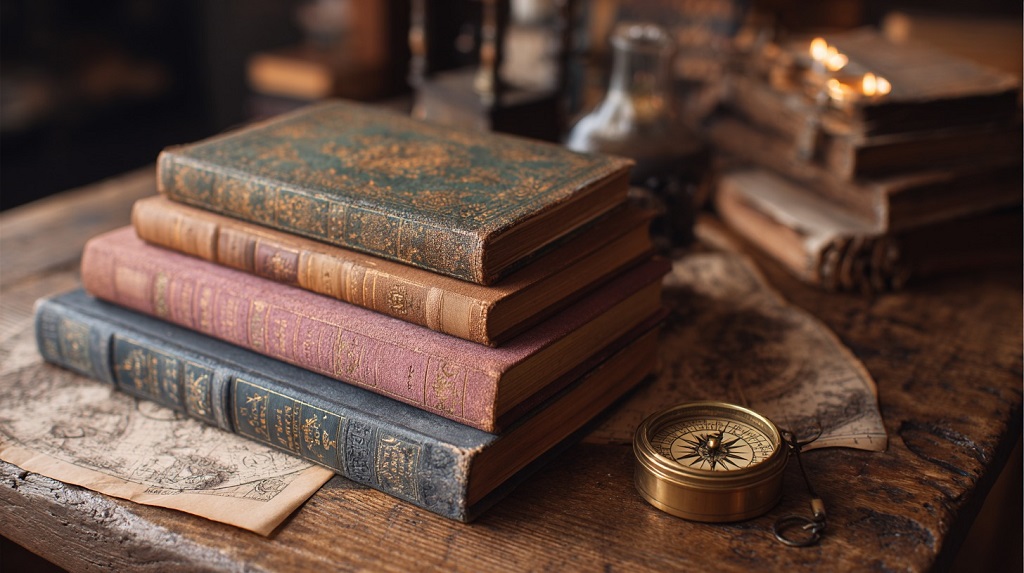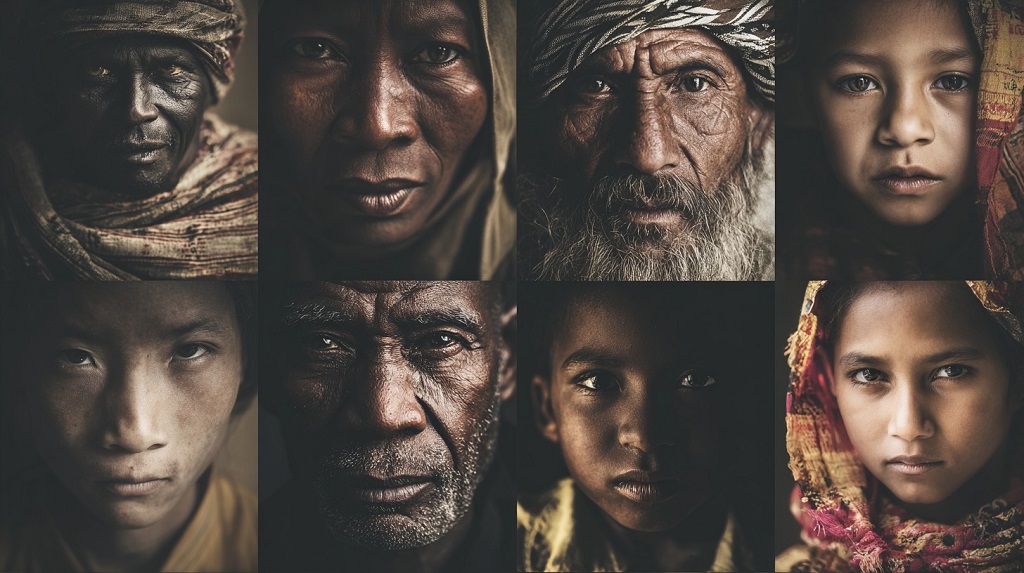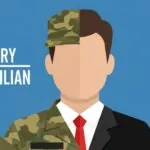Many of the world’s most influential fiction books draw their power, depth, and drama from real historical events and the crucible of war. Whether through direct depiction or subtle inspiration, history provides the canvas upon which authors create epic narratives, complex characters, and lasting themes.
Wars, in particular, have forced writers to confront questions of morality, loss, resilience, and what it means to be human. From War and Peace to 1984, and from All the Light We Cannot See to The Book Thief, history isn’t just a backdrop – it’s the engine that drives the story forward.
The Direct Impact of Real Wars on Fiction
Some books wouldn’t exist at all without the wars that inspired them. Leo Tolstoy’s War and Peace is a sweeping epic built around Napoleon’s 1812 invasion of Russia.
The battles, the politics, and the personal lives depicted in the novel all draw directly from the real anxieties and upheavals of 19th-century Europe.
Similarly, Erich Maria Remarque’s All Quiet on the Western Front presents the First World War through the eyes of a German soldier, capturing not only the brutality of the trenches but also the cultural and psychological scars left by the conflict.
World War II inspired countless novels, from Anthony Doerr’s All the Light We Cannot See to Markus Zusak’s The Book Thief, each exploring how war shapes identity, destiny, and survival.
These stories, grounded in actual events, give readers a way to emotionally process the past, making the historical deeply personal.
Using History to Reflect on Society
Great fiction doesn’t just retell history – it interrogates it. George Orwell’s 1984 and Aldous Huxley’s Brave New World are classics that twist real historical fears (fascism, totalitarianism, unchecked technology) into speculative worlds.
Their societies are exaggerated mirrors of their times, asking readers: What if we keep going down this path? The Cold War, for instance, directly shaped dystopian literature, creating a climate where writers could explore the consequences of surveillance, propaganda, and state control.
To truly capture these anxieties and hopes, many of these authors learned to write with culture, not only the facts, but also the beliefs, customs, and worldviews that defined their historical moment.
This approach gives fiction a sense of authenticity, letting characters move and think as real people did, not just as mouthpieces for modern ideas.
When Fiction Reimagines History
Alternative history has become one of the most intriguing subgenres in modern fiction. At its core, this genre dares to ask: What if a single moment in history had gone differently?
Instead of simply retelling what happened, these authors use real historical turning points as launching pads for speculative worlds. The results are stories that challenge our assumptions, illuminate hidden consequences, and invite readers to see familiar events in new ways.
Philip K. Dick’s The Man in the High Castle is one of the defining works here. It presents a chilling vision of America ruled by Japan and Germany after a different outcome in World War II.
Robert Harris’s Fatherland imagines a victorious Nazi Germany decades after the war, and Len Deighton’s SS-GB explores a British Isles under Nazi occupation. In all these novels, the war serves not just as a backdrop but as a pivot that reshapes the very fabric of society.
These books aren’t just flights of fancy – they become vehicles for exploring:
- The fragility of democracy and freedom
- The unpredictable impact of individual choices
- The hidden costs of war on culture, identity, and memory
Examples of Notable Alternative History Novels Influenced by War
| Title | Author | Historical Divergence | Themes Explored |
| The Man in the High Castle | Philip K. Dick | The Axis powers won WWII | Totalitarianism, resistance, fate |
| Fatherland | Robert Harris | Nazi Germany survives & thrives | Memory, denial, justice |
| SS-GB | Len Deighton | Nazis occupy Britain | Collaboration, survival, loyalty |
| Dominion | C.J. Sansom | Britain surrenders to Nazis | National identity, moral ambiguity |
| The Plot Against America | Philip Roth | The US turned to fascism in the 1940s | Anti-Semitism, fear, and family |
By imagining these alternate outcomes, writers invite us to question how much of our reality is the product of decisions, accidents, or sheer chance. This not only entertains but also deepens our understanding of real history’s stakes.
War as a Universal Human Experience in Fiction
War’s impact on fiction is truly global. While many Western novels focus on world wars or the Cold War, writers from Africa, Asia, and Latin America have used their histories of conflict – often stemming from colonialism, civil war, or revolution – as fertile ground for storytelling.
What emerges is a tapestry of narratives that, while rooted in specific times and places, speak to universally human experiences: survival, loss, resilience, and the search for meaning in chaos.
Chimamanda Ngozi Adichie’s Half of a Yellow Sun recounts the devastating Biafran War in Nigeria. Through multiple perspectives, it captures not just the brutality and hunger but also the bonds of family and the struggle to retain humanity amid suffering.
Bao Ninh’s The Sorrow of War gives voice to a Vietnamese veteran’s trauma, providing a raw, intimate account that balances grief with moments of beauty.
Other regions, too, have used war as both subject and metaphor:
- Latin America: Novels like One Hundred Years of Solitude by Gabriel García Márquez weave civil strife and political upheaval into the everyday fabric of magical realism.
- The Middle East: Works such as The Kite Runner by Khaled Hosseini depict the ripple effects of invasion, exile, and loss.
- Eastern Europe: Life and Fate by Vasily Grossman explores the devastation of Stalingrad, blending the personal and the political on a grand scale.
What Sets These Narratives Apart
- Local language, traditions, and beliefs deeply inform character and plot
- Emphasis on family, community, and personal survival
- A unique blend of universal emotion and cultural specificity
- Often written by those who experienced conflict firsthand
By rooting stories in local cultures, authors write with culture, showing that even in the darkest times, literature preserves and transmits the stories, values, and hopes of entire peoples.
The global reach of these narratives allows readers to connect with the pain and resilience of others, no matter where they are from.
Why Readers Return to War and History
What draws millions of readers to novels shaped by history and war, even when the stories are harrowing or bleak? The appeal is deeper than mere adventure or action. These novels offer readers a rare combination of perspective, catharsis, and connection.
Through the lens of fiction, readers can experience the raw emotions and moral dilemmas faced by people in extraordinary times. They can witness courage, cowardice, betrayal, love, and loss without ever leaving their armchair.
For some, these books provide a way to process collective trauma; for others, they are lessons in empathy, teaching us to see through the eyes of people far removed from our circumstances.
At the same time, historical fiction and war novels prompt us to question our world: How would I react under those pressures? What values would I fight to defend?
These stories serve as both mirrors and warnings, reminding us that history is not inevitable and that every generation faces choices that shape the future.
Key Reasons Readers Value War-Inspired Fiction
| Reason | Impact on Reader |
| Emotional resonance | Encourages empathy and reflection |
| Vicarious experience | Safely explores moral complexity |
| Historical perspective | Brings past events to life |
| Universal themes | Connects people across cultures |
| Lessons for today | Provides cautionary tales, inspiration |
What Readers Gain
- A sense of perspective on current conflicts or crises
- Insights into how societies recover and rebuild
- Inspiration from stories of survival and hope
- A deeper appreciation of how culture and history intertwine
Conclusion
Fiction shaped by history and war stands apart because it does more than entertain – it helps us reckon with the real forces that have defined civilizations and individual lives alike.
By weaving personal stories into the fabric of great conflicts and historical turning points, these books remind us that history is not just about dates and battles, but about ordinary people caught in extraordinary times.
Whether exploring alternate realities, giving voice to those affected by distant wars, or prompting us to reflect on our place in the sweep of events, these novels provide both knowledge and empathy.
They challenge readers to confront uncomfortable truths, to feel the weight of decisions made long ago, and to see the enduring connections between past and present.
At their best, these stories bridge cultures, generations, and perspectives – showing that no matter where or when we live, the questions raised by history and war remain as urgent and relevant as ever.
In reading them, we not only better understand the world that was, but also become more thoughtful and compassionate citizens of the world that is and will be.

